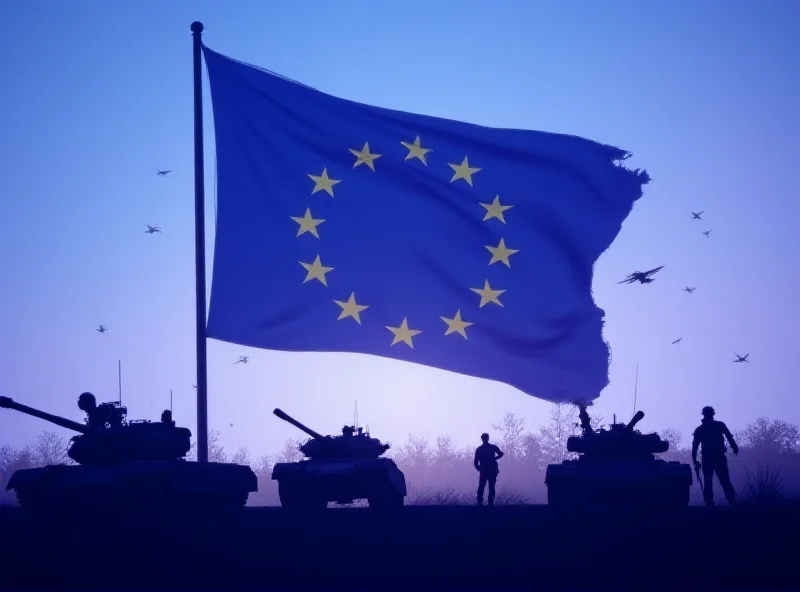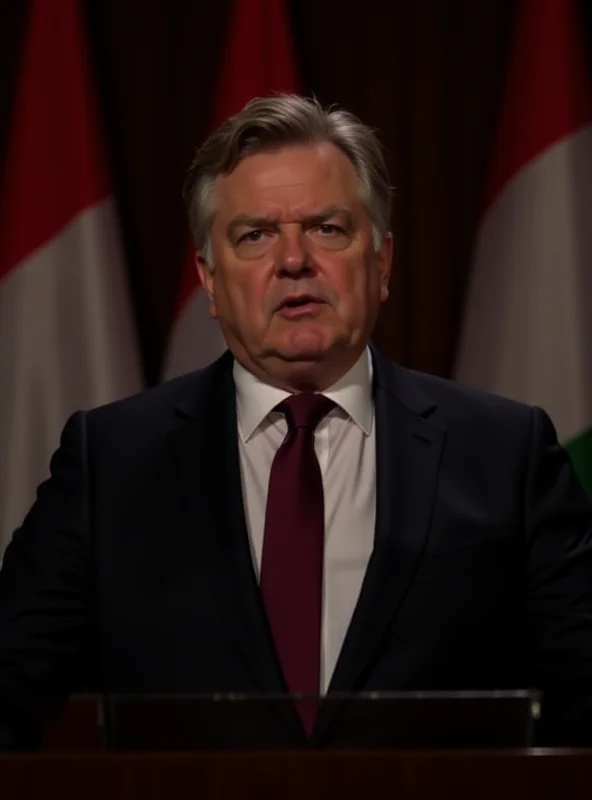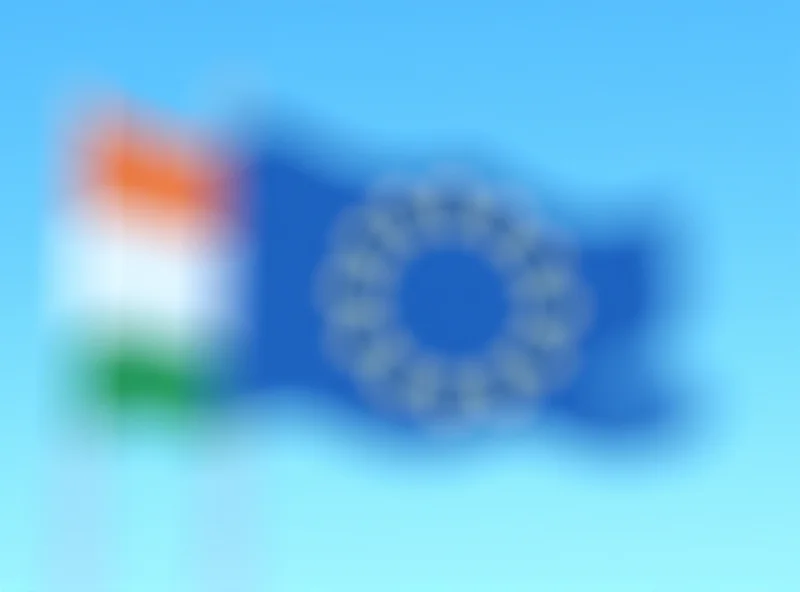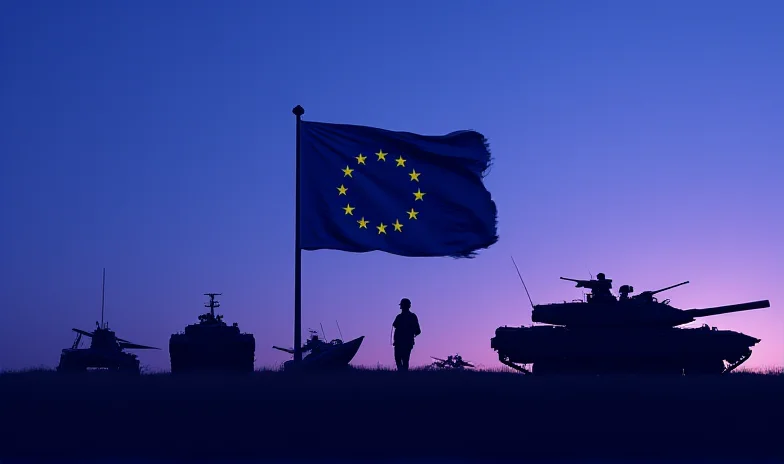The European Union finds itself at a crossroads, facing challenges on multiple fronts from defense spending to enlargement debates and shifting geopolitical alliances. Recent headlines paint a complex picture of the EU's internal dynamics and its evolving role on the global stage.
Defense Spending Under the Microscope
Ursula von der Leyen's ambitious proposal for EU nations to collectively spend around $840 billion on defense is meeting with skepticism. Media outlets have deemed the plan unrealistic, primarily due to questions surrounding funding mechanisms. While the need for a stronger European defense posture is widely acknowledged, the practicalities of achieving this goal remain a significant hurdle.

This debate highlights a broader tension within the EU: the desire for greater strategic autonomy versus the financial constraints and differing priorities of individual member states. As one report noted, the EU has decided on its high-arms buildup, but has not adopted a common stance on Ukraine. This lack of unity on key foreign policy issues further complicates the effort to bolster European defense capabilities.
Hungary's Poll on Ukraine Sparks Controversy
In Hungary, Prime Minister Orbán has announced a national poll on the question of Ukraine's potential membership in the EU. This mail-in campaign, intended to "collect the opinion of the people," has been met with strong criticism, with many dismissing it as a propaganda tool designed to sway public opinion against Ukrainian accession.
This move underscores the divisions within the EU regarding its enlargement policy, particularly concerning Ukraine's fast-tracked application. While some member states are strong advocates for Ukrainian membership, others harbor reservations, citing concerns about the country's political and economic stability.

India Forges Closer Ties with Europe
Amidst these internal debates, the EU is also actively engaging with external partners. India's External Affairs Minister S Jaishankar recently highlighted the growing convergence between India and Europe, emphasizing economic progress and strong bilateral relations with Ireland. He also stressed the importance of finalizing a free trade agreement with the EU, signaling India's ambition to play a more prominent role in the global economy.
“Increasing convergences with Europe,” Jaishankar stated in Dublin, highlighting the benefits of strengthened ties. This growing partnership underscores the EU's efforts to diversify its relationships and forge new alliances in a rapidly changing world.

The EU's future trajectory remains uncertain, shaped by internal divisions, external pressures, and the ongoing quest for a stronger, more unified Europe. The debates surrounding defense spending, enlargement, and international partnerships will undoubtedly continue to shape the EU's agenda in the years to come.
